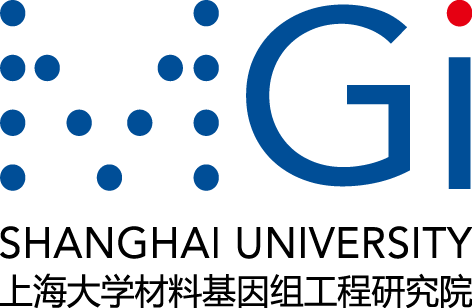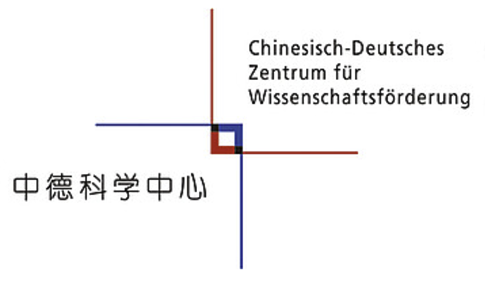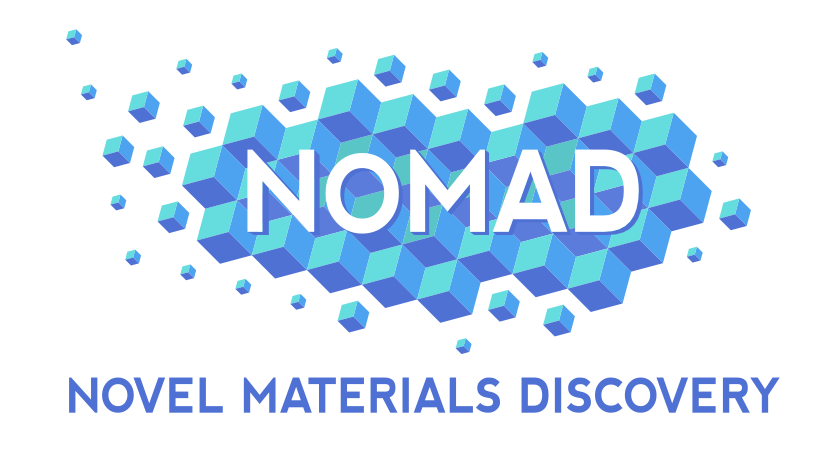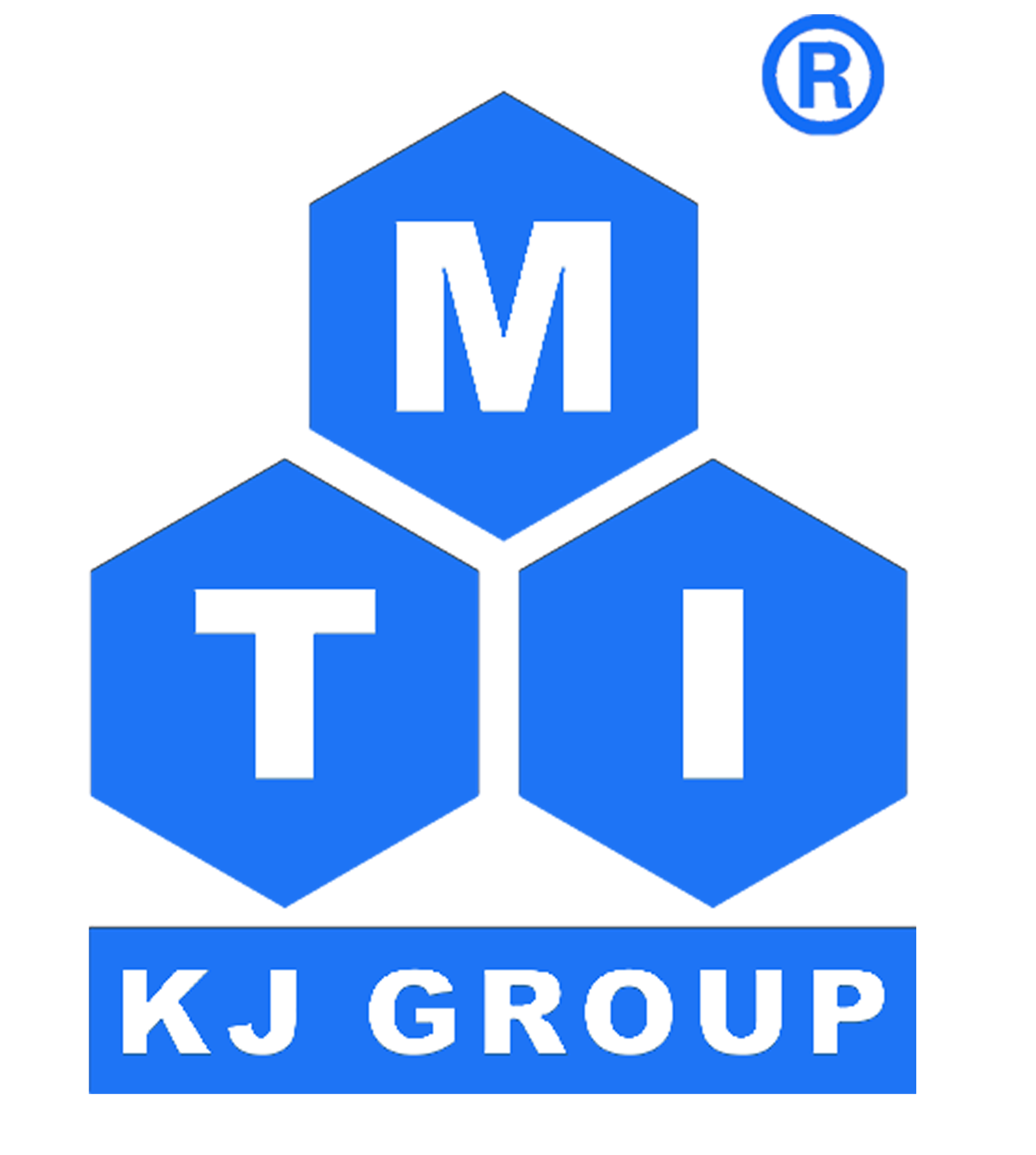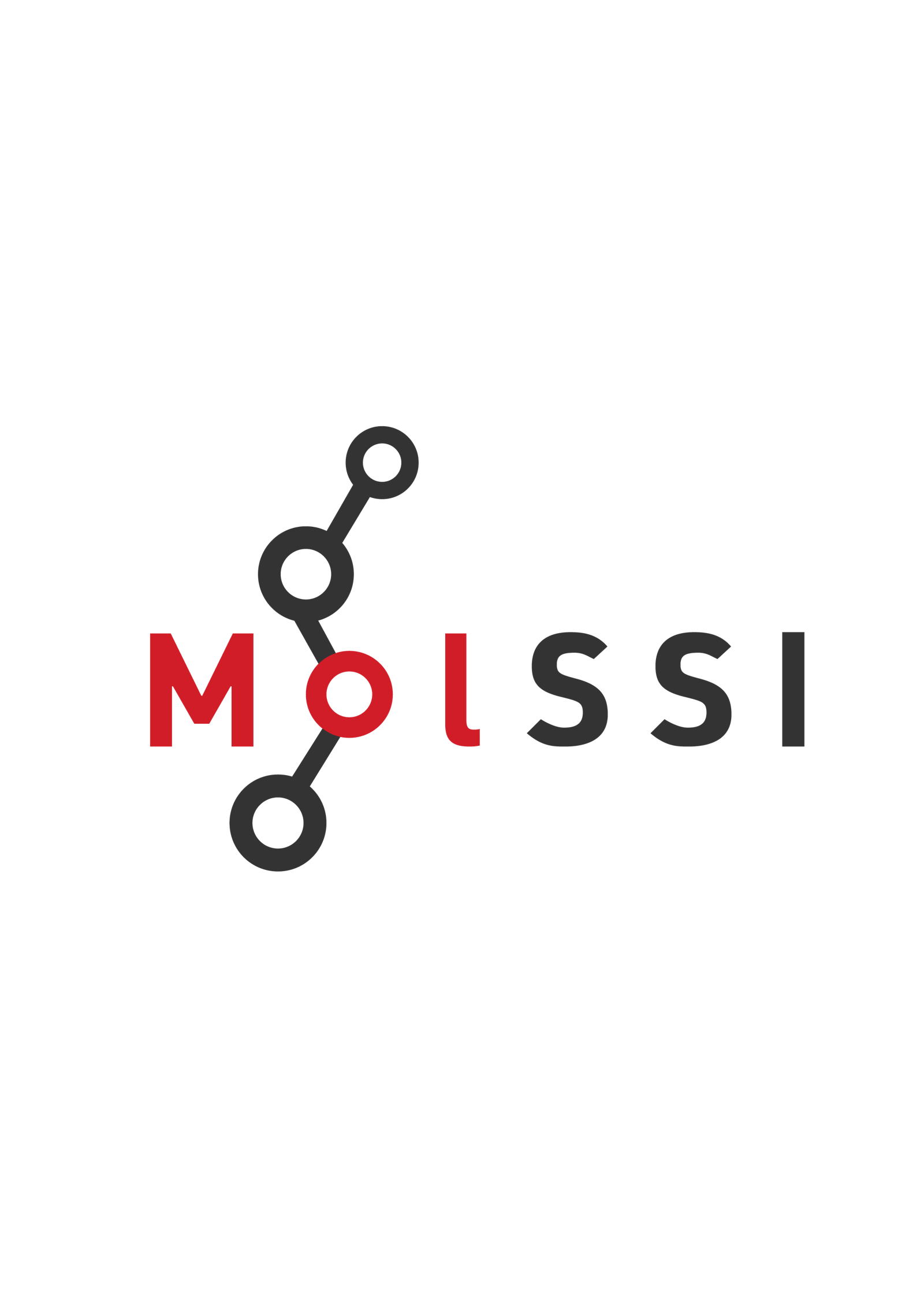Jun Jiang
University of Science and Technology of China, China
The realization of automated chemical experiments by robots unveiled the prelude of artificial intelligent laboratory. We have recently built a robotic AI-chemist system that is capable of proposing scientific hypothesis after reading/disgusting existing literature, executing a full set of experiments (synthesis, characterization, and performance testing) for multiple chemical tasks, and building predictive models based on theoretical calculations and experimental data feedback, allowing to propose new hypothesis for next optimizing iteration. Over 20 distinct models and a set of 60 instructions have been developed to facilitate the collaboration of 3 types of robotics across 39 self-developed chemical stations. Within this system, over 100 experiments are conducted daily. The scope of research encompasses various fields, including photocatalysis, functional molecules, and energy materials, resulting in a thousand-fold increase in research and development efficiency. Concurrently, more than 2000 computational tasks and 10000 entries are processed simultaneously, with the entire life cycle of samples meticulously documented. Optimization algorithms, such as Bayesian methods, are integrated to enable autonomous research, while 15 models—encompassing text, graphs, tables, and classifications—are employed in the high-throughput scientific archiving process, which provides a robust foundation of data, essential for recommending experimental workflows. With the help of computations, AI chemist has the ability to find the optimal result beyond the chemical space covered by the experiments. It means that we have created a robotic AI chemist that is capable of executing all-round chemical research with data driven intelligence. In the future, the more advanced all-round AI-Chemists equipped with scientific data intelligence may cause changes to chemical R&D.
Dr. Runhai Ouyang (DCTMD2024@163.com)

